4 Lemon Pepper Replacements with Zesty Kick
Lemon pepper seasoning substitutes provide excellent flavor alternatives when your spice rack lacks this zesty blend.
It’s common to need replacements for this tangy mixture during meal preparation.
The bright citrus notes combined with peppery heat make this seasoning quite distinctive, yet several other spice combinations can achieve similar taste profiles.
Fresh ingredients from your kitchen can often be combined to mimic that signature tangy-spicy balance.
These alternatives typically include some form of citrus element paired with various peppercorns or other warming spices.
Creative cooks have developed numerous ways to replicate this flavor without the exact original blend.
The best part about trying these substitutes? You can customize the intensity of both lemon and pepper elements to perfectly match your taste preferences.
Let's dive into some fantastic alternatives that will keep your dishes flavorful and exciting.
What Is Lemon Pepper?
Lemon pepper is a zesty seasoning blend made by combining dried lemon zest with cracked black pepper and sometimes a few extra herbs or spices. It’s a popular way to add a burst of citrusy brightness and a gentle heat to both savory and light dishes, all in a single shake:
Zesty Swaps for Lemon Pepper Seasoning
Lemon pepper seasoning not being around doesn’t mean giving up that zesty edge. A clever swap can bring the same bright pop of flavor. You’ll still enjoy a dish with a lively finish.
Lemon Thyme
Lemon thyme stands out as a nutritional and delicate herb with a beautiful flavor that's milder than actual lemon but sadly underrated in many kitchens.
This versatile herb pairs wonderfully with freshly ground black pepper, enhancing its subtle citrus notes in various dishes.
Many cooks appreciate lemon thyme as an excellent substitute for lemon zest when they need a hint of brightness without overwhelming acidity.
For best results, use this herb primarily in savory meals since it carries distinctive thyme undertones alongside its lemony character.
Other options like lemon verbena or lemon balm can serve similar purposes when you need that refreshing citrus touch in your cooking.
Lemon Juice
Substituting lemon juice for zest works wonderfully in salad dressings, marinades, and sauces when you don't need the textural elements.
Many chefs prefer this swap because the juice brings that same citrus tang without the tiny bits of peel that might not suit certain smooth preparations.
The flavor profile remains distinctly lemony, though slightly less intense than what fresh zest provides.
For best results, add the juice toward the end of cooking to preserve its bright acidity.
Just remember this replacement only makes sense in recipes where additional liquid won't throw off the balance of ingredients.
Shichimi Togarashi
Shichimi Togarashi, a popular Japanese spice blend, combines seven key ingredients with red chili pepper creating its signature heat and orange peel lending a citrusy brightness.
Black and white sesame seeds add nutty crunch, while Sancho (Japanese pepper) brings a unique tingly sensation that many find addictive.
Hemp seeds, ginger, seaweed, and poppy seeds round out this versatile mixture that enhances everything from noodles to grilled meats.
This traditional seasoning works wonderfully as a substitute in recipes calling for complex spice blends or when you need a quick flavor boost for simple dishes.
Lemon Curry Powder
Curry blends offer a fantastic way to add bold flavors to your dishes, with turmeric often giving food a beautiful golden color when used as a substitute.
The popular lemon curry variety combines tangy lemon zest and juice to create a bright, citrusy profile that works wonderfully in stews and casseroles.
Many people appreciate how these versatile blends can transform ordinary meals into exotic culinary experiences without requiring dozens of individual spices.
Regional variations exist throughout the world, from mild Japanese curry to fiery Vindaloo, each with distinctive ingredient combinations that reflect local tastes and traditions.
DIY Homemade Lemon Pepper Recipe
Making your own lemon pepper at home is simple, cost-effective, and lets you control the freshness and intensity of the flavors. With just a few basic ingredients, you can whip up a zesty, peppery blend that’s perfect for seasoning everything from chicken and fish to veggies and snacks:
Lemon Pepper Substitutes: Your Top Questions
1. Are there salt-free alternatives to lemon pepper?
Yes, simply combine black pepper with fresh lemon zest or lemon juice for a salt-free version.
2. Can I use other citrus fruits in place of lemon?
Absolutely, lime zest or orange zest mixed with black pepper gives a different but still bright and flavorful result.
3. What’s the best substitute for lemon pepper on chicken or fish?
Black pepper mixed with fresh lemon zest or lemon juice delivers similar zesty flavor for poultry and seafood.
4. Are lemon pepper substitutes suitable for gluten-free diets?
Yes, homemade blends of pepper and lemon are naturally gluten-free, just check labels if using pre-made spice mixes.
5. Can I use ground white pepper instead of black pepper in a substitute?
Yes, white pepper offers a milder flavor and works well with lemon zest in lighter dishes.
6. Will using a substitute change the color of my recipe?
Homemade blends with zest look similar, but juice-based substitutes may not be as visible in the finished dish.
7. How do I store homemade lemon pepper substitutes?
Store dried zest and pepper blends in an airtight container, or refrigerate fresh zest blends and use within a week.
8. Can I use lemon extract or lemon oil as a substitute?
Yes, use sparingly with pepper for intense lemon flavor, especially in marinades and dressings.

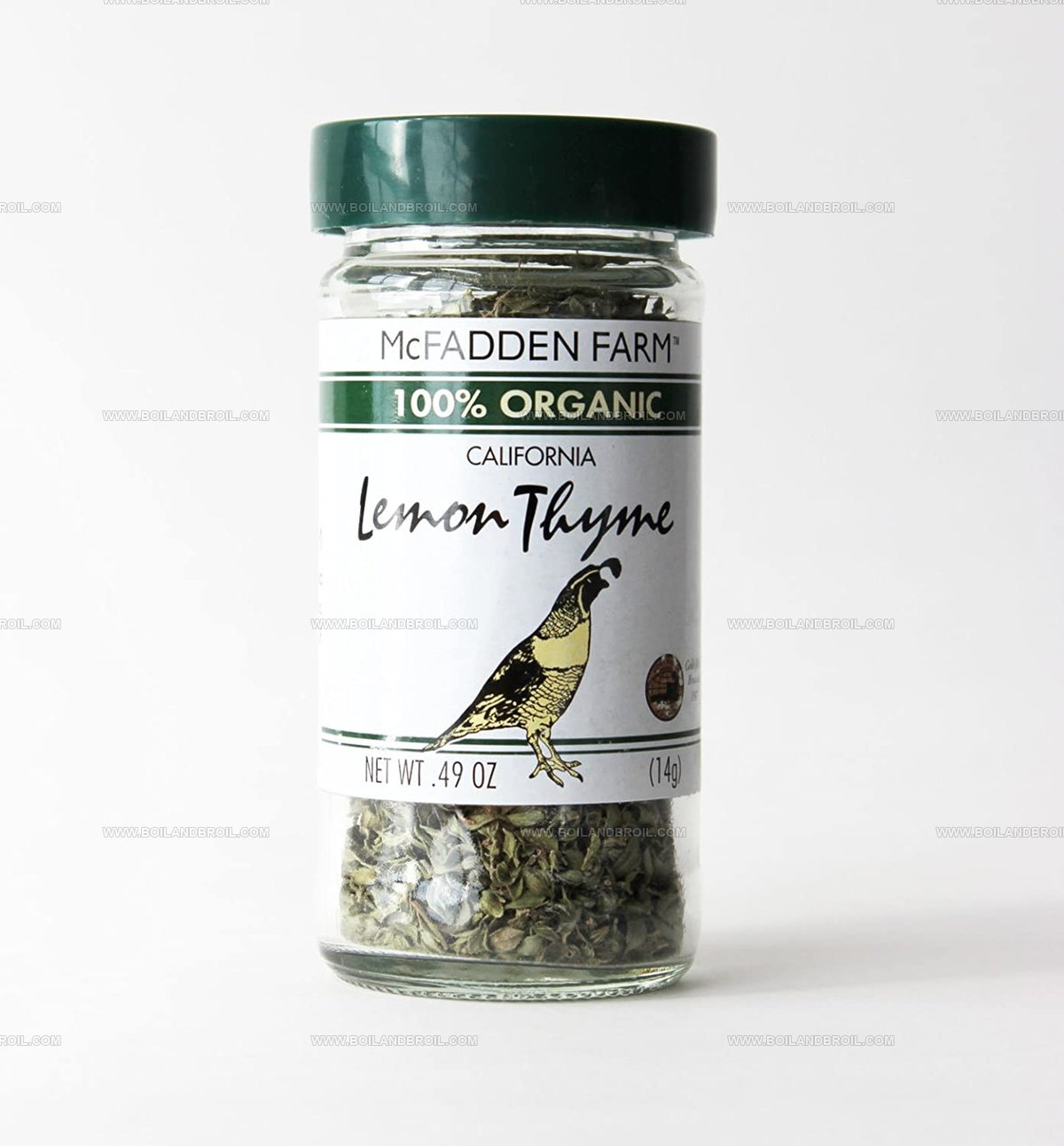
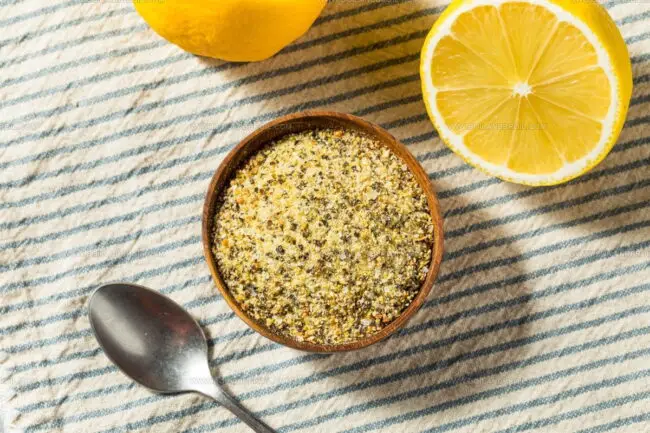
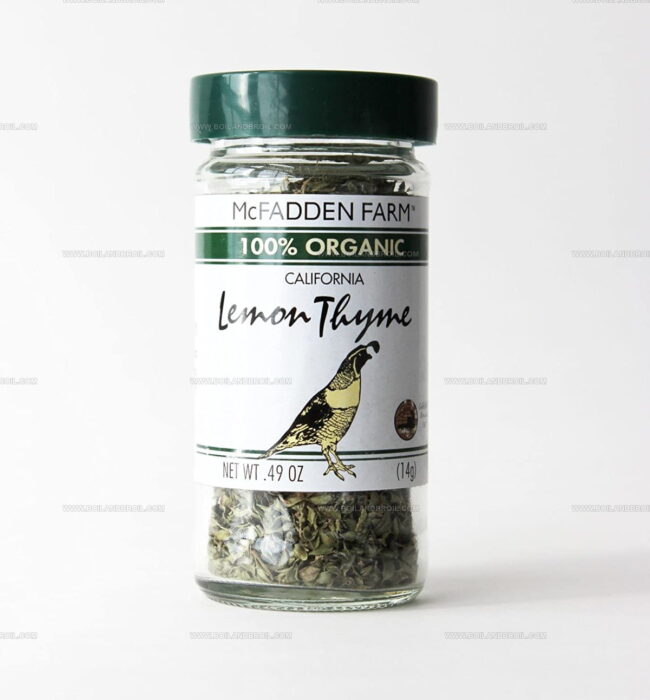
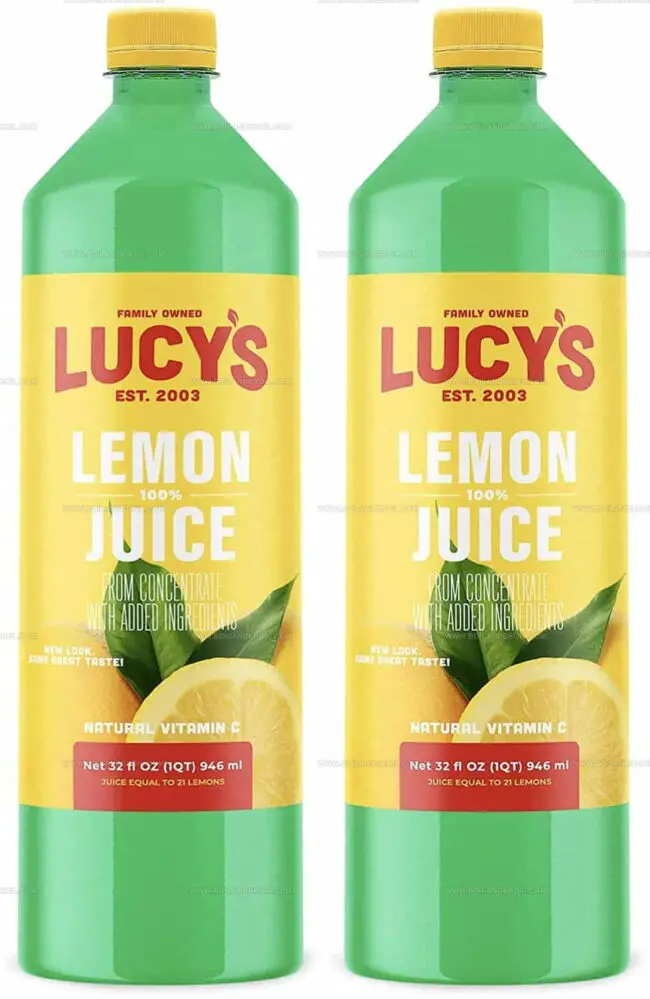

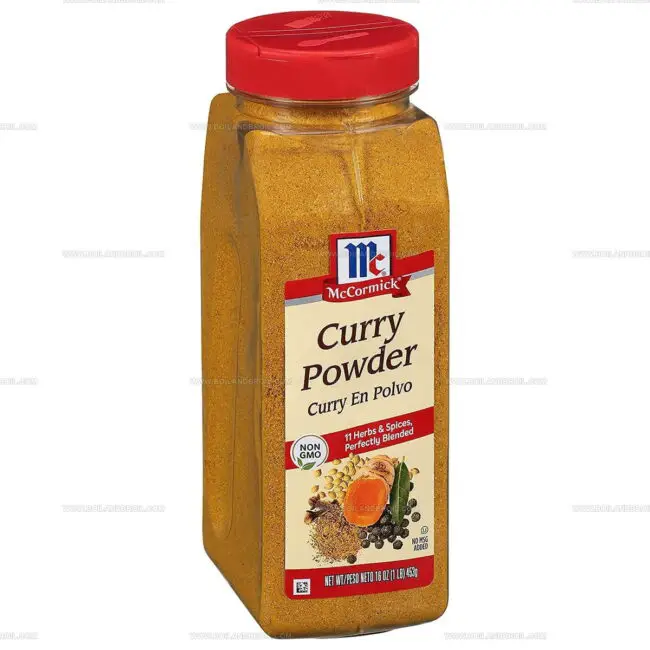
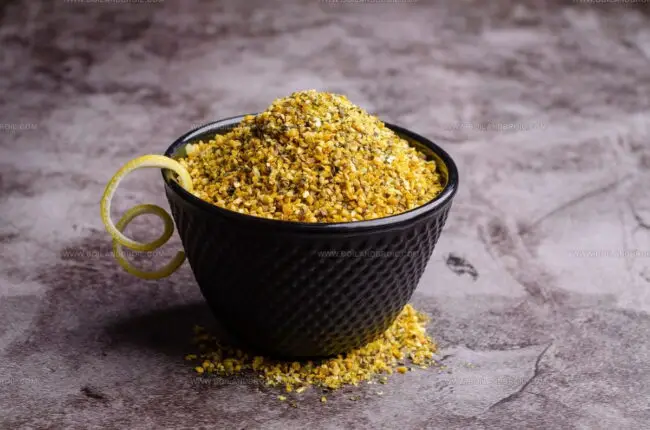
Clara Thompson
Recipe Developer & Culinary Educator
Expertise
Developing accessible single-serving recipes, Food writing and content creation, Plant-based and allergen-friendly cooking, Culinary education and workshop facilitation
Education
Oregon Culinary Institute (Portland, OR)
Diploma in Culinary Arts
Specialized in plant-based cooking and sustainable kitchen practices.
Portland Community College
Certificate in Food Writing and Media
Focused on recipe writing, food photography, and digital content creation.
Clara’s food journey began with a curiosity for color, texture, and ingredients pulled straight from the garden. Her background in plant-forward cooking and creative writing gives her a unique edge – she makes healthy, flavorful food feel inviting, not intimidating.
She specializes in meals that work for busy lives and different diets, all without sacrificing taste. Clara’s voice comes through in every recipe she writes – clear, kind, and encouraging.